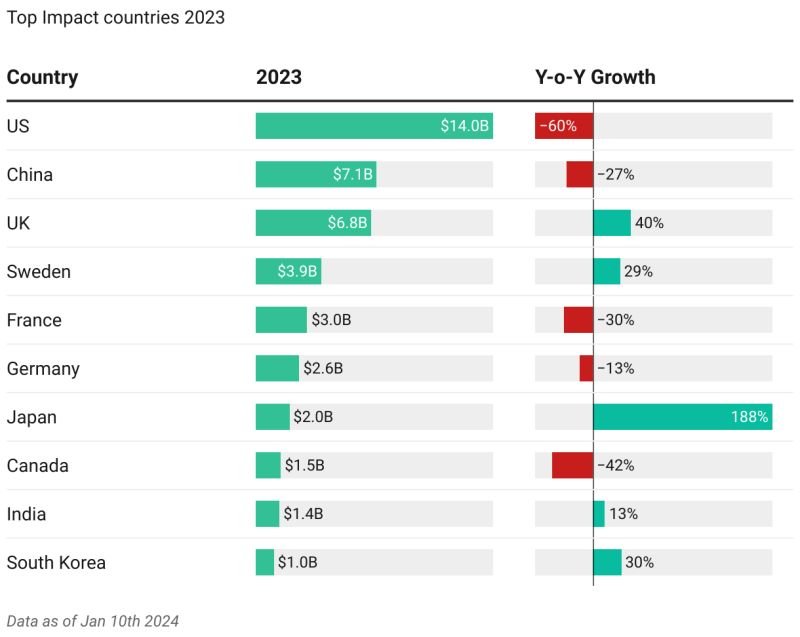Corporates can either choose to innovate in-house, creating their own innovation lab and making their own research, or choose a trusted partner with more experience to help them navigate the market. Venture partners play a crucial role in driving innovation within corporates by bringing fresh ideas and perspectives to the table. They go beyond the conventional norms, encouraging experimentation and fostering a culture of innovation. By helping corporates embrace risk and overcome resistance to change, venture partners facilitate the adoption of an entrepreneurial mindset. Additionally, they provide access to startup networks, industry trends, and emerging technologies, inspiring corporate innovation. Venture partners also contribute to the development of new business models, products, and services, fueling corporate growth. With their expertise and support, corporates can leverage the venture building ecosystem to unleash their innovative potential and stay ahead in today's dynamic business landscape.
Different types of venturing support are offered by various players, each with their own value propositions. They vary in terms of expertise, level of involvement, and strategic alignment with the agenda of the corporates.
Strategic Consulting, the thinkers
Traditional strategic consulting firms have entered the Venture Building segment. They approach this new segment with deep involvement in strategic alignment and limited implementation capabilities. Their services are typically compensated through fee-based schemes.
Accelerator/Incubator, the builders
Firstly, these players offer access to a portfolio of start-ups that they have supported, which are aligned with the strategic fit previously defined by the corporates. Secondly, they may also offer ad-hoc acceleration or incubation programs sponsored by the corporates with the specific intent of creating ventures that could generate a strategic advantage. Their level of involvement is high in the daily operations, but they offer less strategic expertise.
Corporate Venture Capital (CVC), the investors
Traditional venture capital funds leverage their corporate finance knowledge to identify, invest in, or acquire existing start-ups at different stages. Their main objective is to pursue financial returns rather than the strategic intents of the parent company. However, CVCs may contribute to creating strategic advantage through focused acquisitions and partnerships.
Corporate Venture Builder, the holistic approach
Corporate Venture Builders, for their part, support corporates along the full value chain of venture creation, from the design phase to Serie A funding. They cover product development and other critical phases of venture creation. Corporate Venture Builders ensure high strategic alignment with the corporate's existing strategic agenda as they are involved in the discovery phase with the company. They may adopt different combinations of fees and equity as their remuneration schemes, but always maintain a good extent of "skin in the game" through equity participation, which ensure they are success-driven.
Conclusion
Corporates encounter common challenges when fostering innovation. These challenges necessitate a clear strategy and business model for successful corporate innovation. However, venture partners play a vital role in overcoming these obstacles. With their expertise and support, they enhance the chances of successfully navigating the innovation landscape. Collaboration with venture partners offers corporations a valuable opportunity to leverage external knowledge and resources, augmenting their ability to overcome innovation challenges.
In the innovation field, Corporate Venture building is a holistic approach maximizing synergies by interconnecting the strategic thinking, the go-to-market implementation, and the financing expertise. It maximizes the chances of success and minimizes the risks of missing a crucial element for the new venture’s performance on the market. This is why corporate venture building as-a-service, which in addition allows the corporates to externalize the process and rely on a trusted partner, can take a lot off the CEOs’ shoulders. Indeed, venture partners can guide and educate companies in their entrepreneurial journey thanks to their experience in venture founding, while securing the operations’ success.



















































